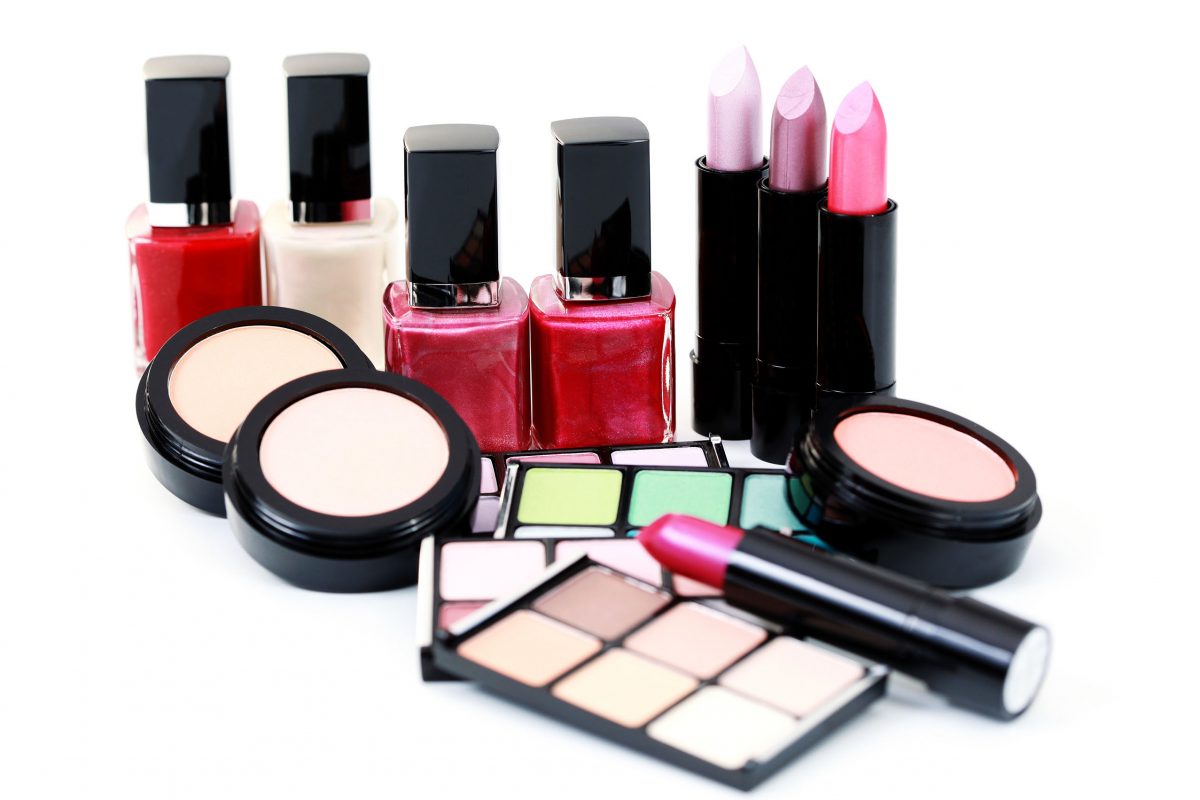All too frequently denied ready access to critical information on manufacturing processes associated with popular product lines in the food, cosmetics and fashion industries, consumers the world over continue to unwittingly run health risks associated with consuming or applying products that may, sooner or later, seriously compromise their health.
In developing countries like Guyana, particularly, consumers rely heavily on second-hand information which is often vague and in the absence of any strong local safety-related guidance, there is sometimes a complete absence of awareness of either the nature or the extent of the risk. And even if there may be local agencies responsible for monitoring the importation of possibly dangerous foods, drugs and cosmetics, these institutions are invariably weak and under-resourced, so that their ability to staunch the flow of possibly harmful imports becomes limited not just by their own inadequacies but by powerful consumer lobbies that are frequently largely indifferent to health risks.

